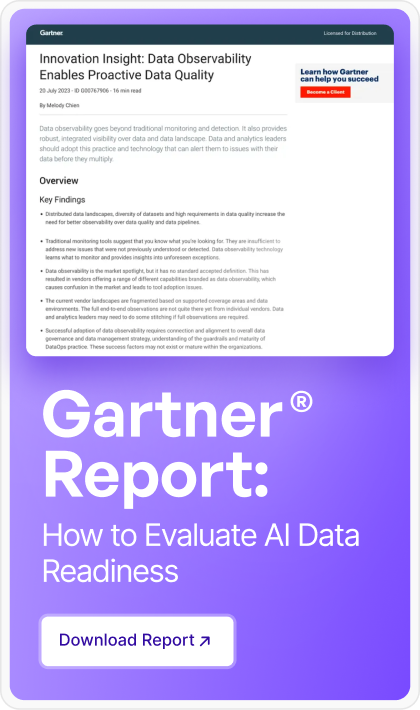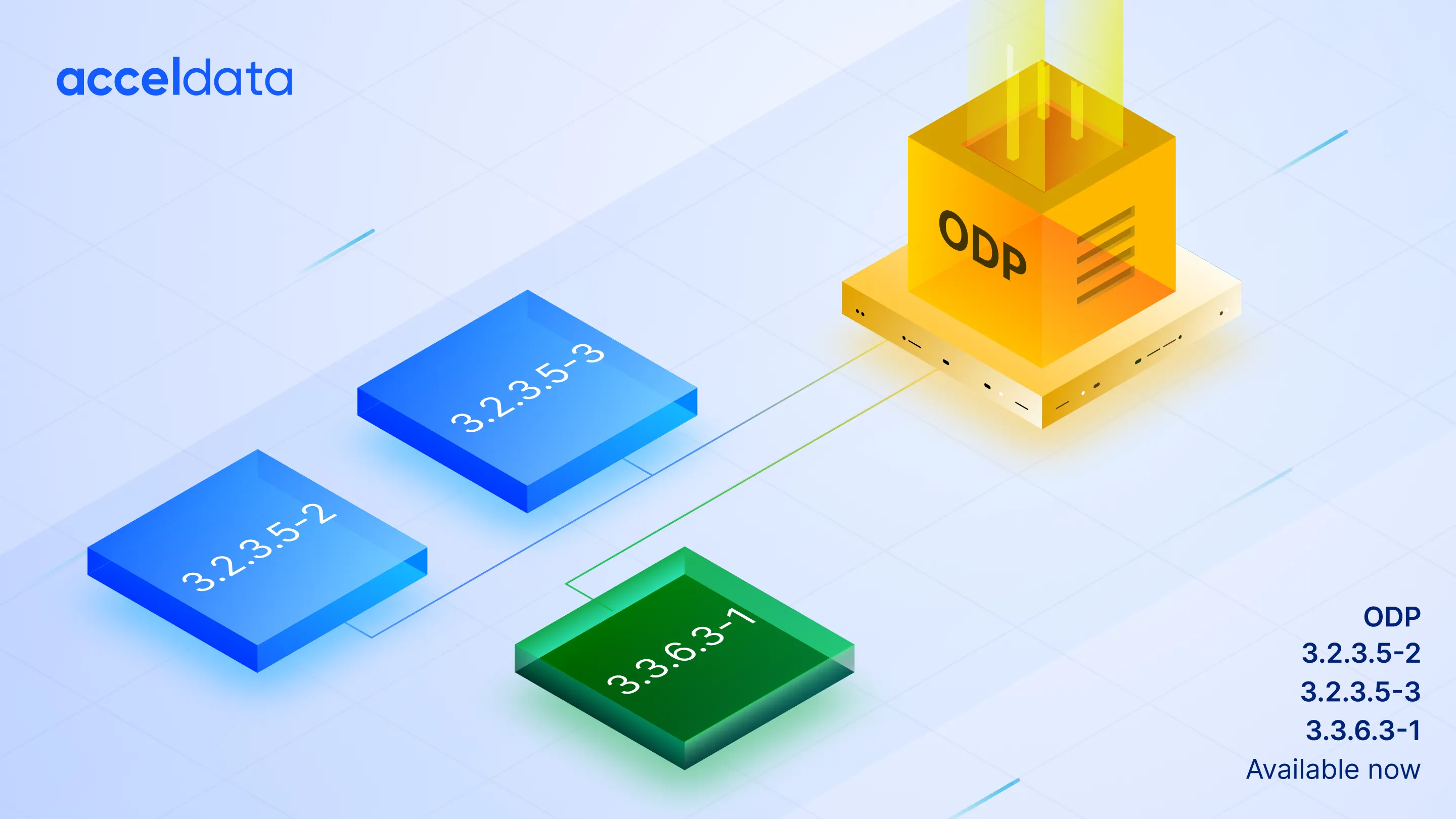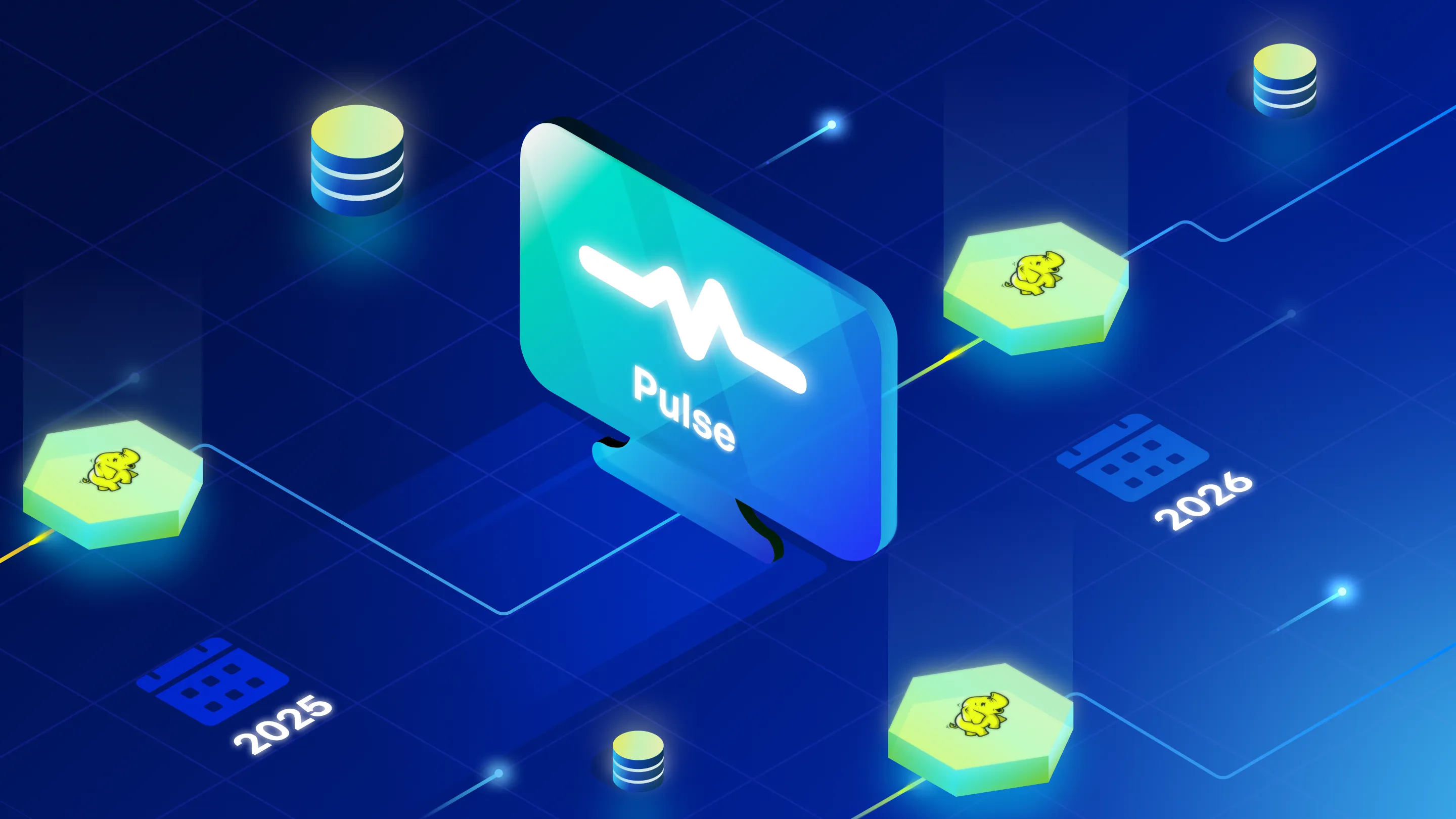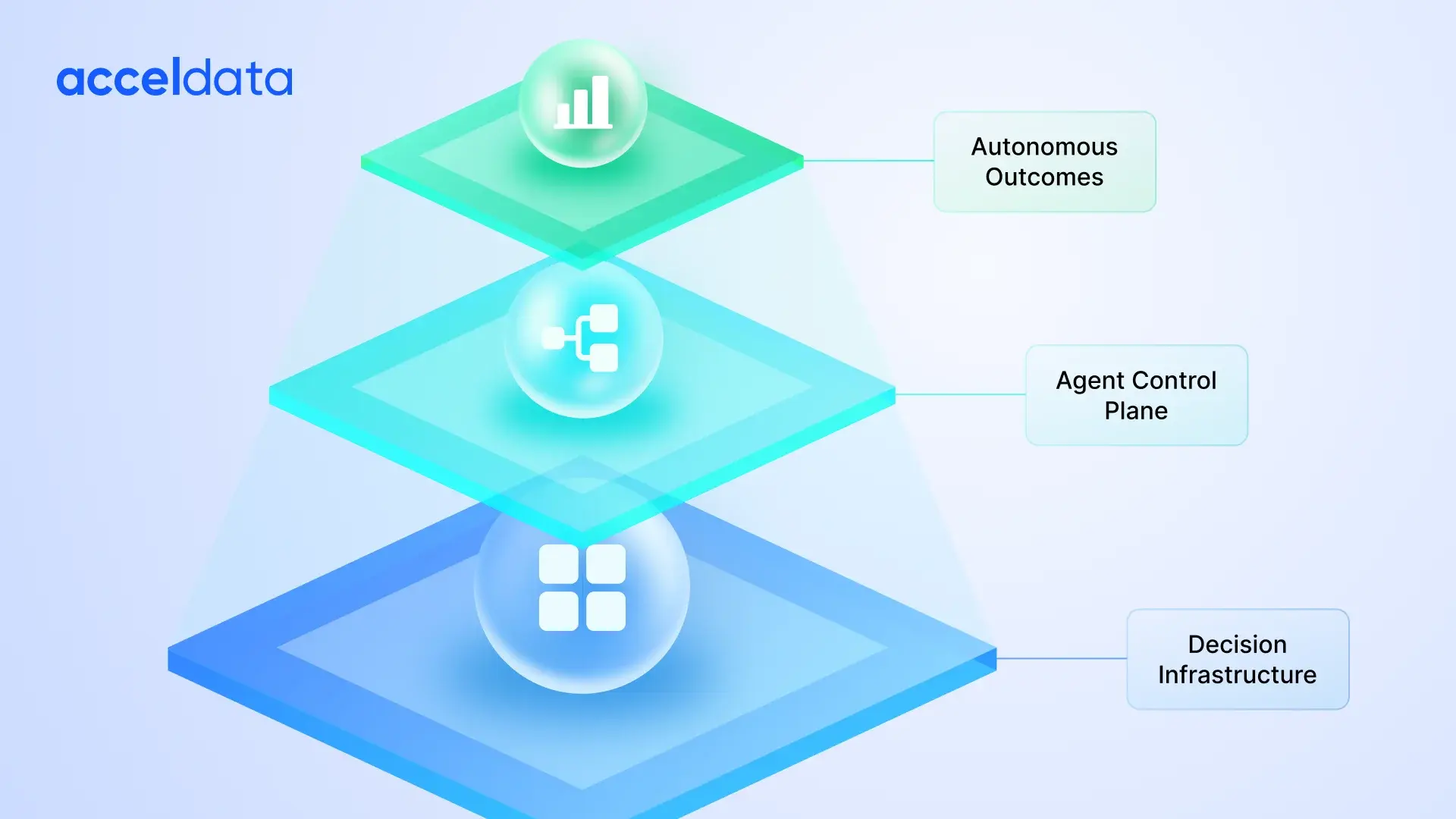One minute on the internet today can translate to billions of messages, emails, and SMS exchanged and millions of bytes of data browsed through and uploaded. On top of that, countless people are actively bartering critical and non-critical data. This is, in all essence, an explosion of data. According to a recent data from World Economic Forum, organizations are expected to handle 463 exabytes of data daily by as soon as 2025.
With massive bulks of data flowing into every sphere of our lives, data never is really at rest, and the repercussions of mismanagement can be massive. Poor data processing can have severe financial repercussions, costing businesses millions annually in the USA alone, and more often than not, the damage echoes beyond just finances.
The Shifting Trends in Stream Analytics
For businesses today, data observability must be a top priority. Streamlined data processing strategies are essential for businesses to navigate the overwhelming data dump, especially as quality data becomes a make-or-break factor across industries—be it financial, logistics, eCommerce, or healthcare. A majority of modern businesses rely on real-time data, whether it's for exceptional customer service, to personalize user content, to monitor the health of their devices, or for fraud detection.
In such scenarios, Kafka Streams, a lightweight, client-side library and real-time data processing microservice, can be just the ally you need to stay ahead of the curve.
Kafka Streams is built on top of Apache Kafka, the popular open-source event streaming platform. Like its namesake, Kafka Streams provides a robust, scalable system that can handle large volumes of fast-paced data in real-time while remaining secure and fault-tolerant.
Combining a reliable and efficient data observability engine with Kafka Streams can give your organization the edge to stay on top of the competition.
Here are 5 of the biggest advantages of utilizing Kafka and how it can help you optimize your organization’s real-time data processing.
1. Handle data efficiently with Kafka Streams
Using the right-time semantics ensures that real-time analytics are both timely and accurate, which is especially important for use cases like fraud detection or real-time bidding systems.
For many real-time applications, the ability to process and analyze data within specific time frames is crucial. Kafka Streams supports windowing operations, which divide data streams into finite chunks based on time intervals. Moreover, Kafka Streams lays emphasis on event time, ingestion time, and processing time semantics, ensuring the data is accurate up to the last millisecond.
2. Up your stream processing game with Kafka Streams
A major feature of Kafka that makes it super efficient is its ability to track and capture every change, no matter the point in time. Kafka extensively leverages change data capture (CDC) techniques to track the minutest data modifications, subsequently sending these data changes to the data analytics engine.
CDC, paired with reliable data records, enables Kafka to seamlessly handle continuous data streams and archive data for future analysis. It records zero changes at the source—which means your data is as clean as it can get.
Another standout feature is the platform’s ability to maintain the state across multiple events using state stores. It’s typically auto-created and managed by the Kafka Streams DSL and provides your platform a massive edge to store and query data. For example, you can seamlessly manage complex pipelines, simultaneously service data streams, and reduce the processing load.
3. Scale with Kafka Streams
Kafka Streams borrows from Kafka’s partitioning system to distribute streams across multiple instances, enabling optimal load balancing and parallel processing. This allows the platform to partition the data based on your requirements, i.e., by user, by process, and/or by source. This partitioning enables Kafka Streams to scale per demand, all while supporting your data observability platform, ensuring that data pipelines stay optimized.
4. Reliable stream processing
Data reliability is at the core of useful big data. Applications need to stay on top of all the real-time data processed to ensure no data is lost or processed multiple times. Kafka’s built-in replication and recovery mechanisms ensure the system is fault tolerant. Furthermore, the exactly-once data processing semantics ensure no duplication of data, even in the event of failures.
5. Easy integration and customization with Kafka Streams
There’s a reason why FAANG firms are loyal to Kafka. It’s due to ease of integration and customization with pretty much any system, without loss of precious time, data, or resources. Along with the standard HTTP and REST APIs, Kafka Connect enables integration with multiple data sources, including NoSQL.
Kafka Streams with Acceldata: Your Go-To Allies for Applying Data-Driven Decisions
Today, optimum data handling is mission-critical for enterprises, and real-time data processing is the key to success. From Walmart to Uber and beyond, big data companies have taken note of this fact. As a result, they have swiftly optimized various facets of their services using Kafka, from customer service to supply chains to debugging.
However, while Kafka Streams answers the speed part of real-time data processing, businesses still need to analyze the inbound and outbound data to make effective data-driven decisions. A solid, multidimensional data observability platform like Acceldata can bridge this gap by augmenting your decisions with real-time data analysis.
With Acceldata, you can view granular data and do various tasks, including process automation, improved data pipeline creation, fraud analysis, and data sorting. You can augment Kafka Streams with Acceldata to analyze, veto, and clear your data streams in real time.
This empowers your data team to validate and sanitize the inbound data. Moreover, your team can analyze and halt unforeseen data issues before they negatively impact your company.
Take a step toward efficient, data-driven decisions, and book a free demo to understand how Acceldata can help you meet your data streaming needs in real time.
Summary
For companies seeking to optimize their data, Kafka Streams can be a great choice. It integrates seamlessly with Apache Kafka, enabling real-time data processing with minimal latency and high accuracy. Kafka Streams also supports event-driven architectures, facilitating reactive and flexible data flows. Both of these features make the platform an ideal choice for processing big data, eventually translating to seamless yet timely insights. Additionally, it offers stateful processing capabilities, allowing companies to optimize operations like aggregations, joins, and windowing across real-time data streams.
Moreover, its distributed architecture ensures fault tolerance with efficient scalability, making it an ideal choice for handling real-time high-throughput data streams with ease.








.png)








.webp)
.webp)


